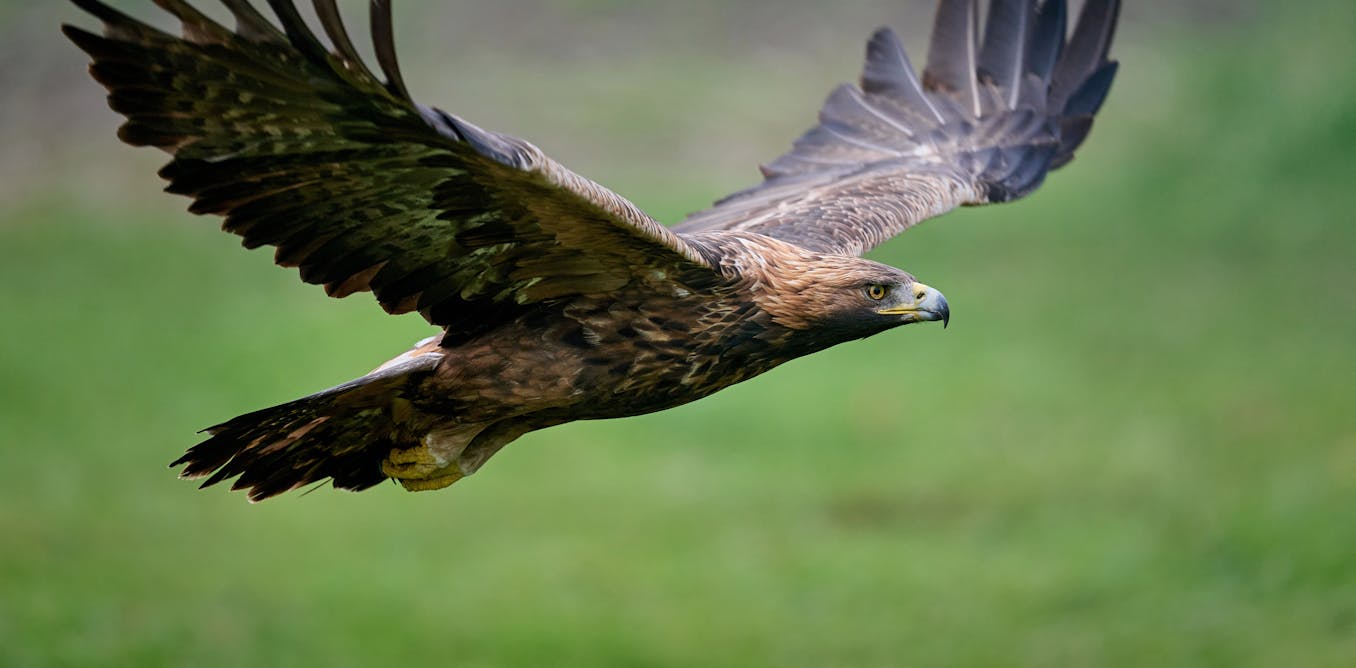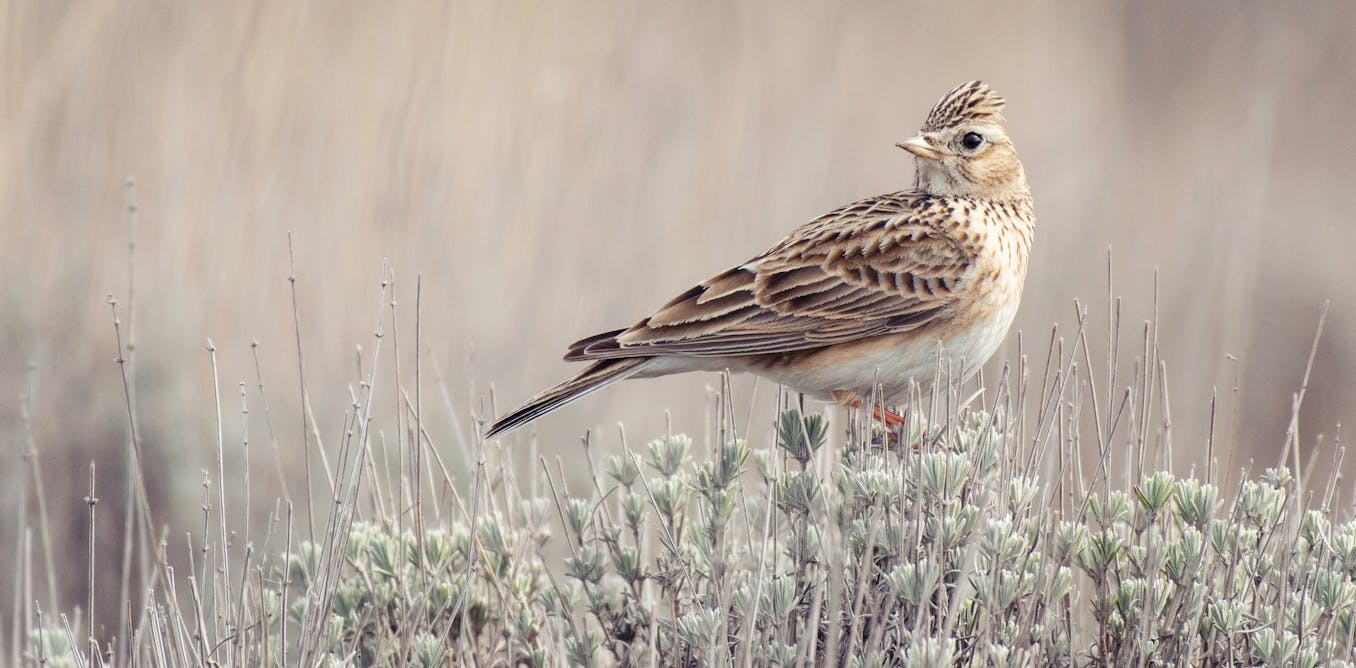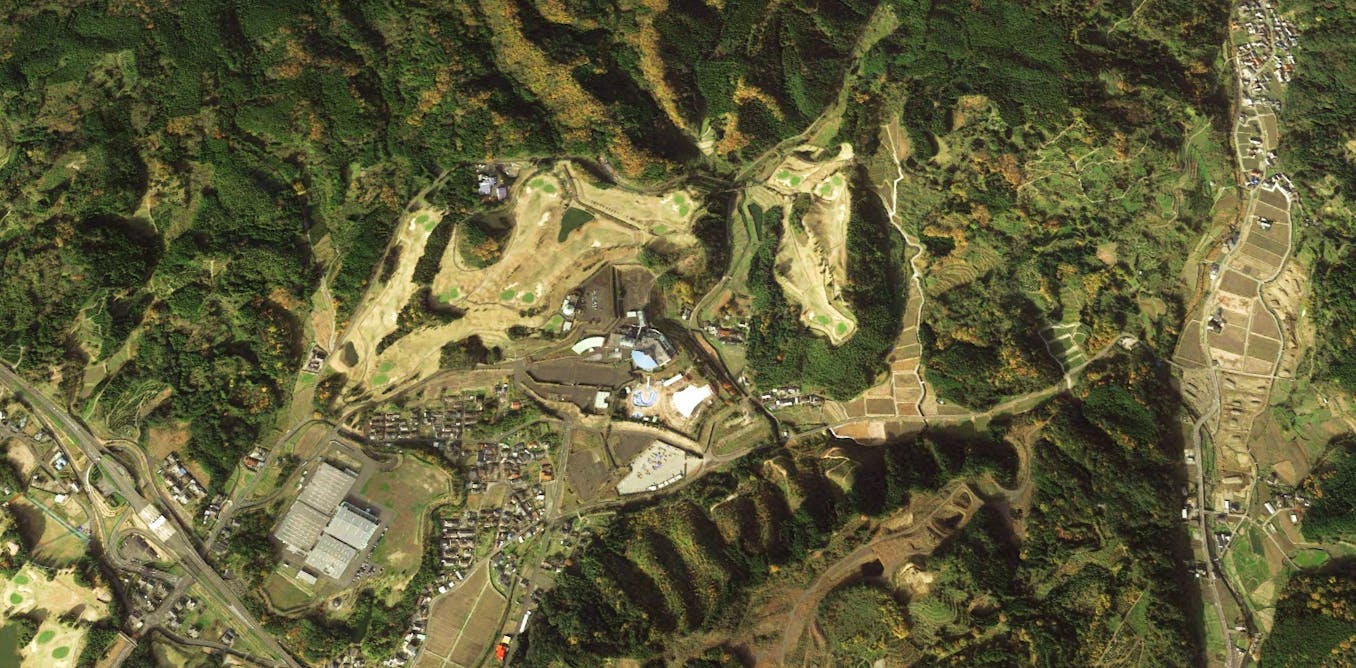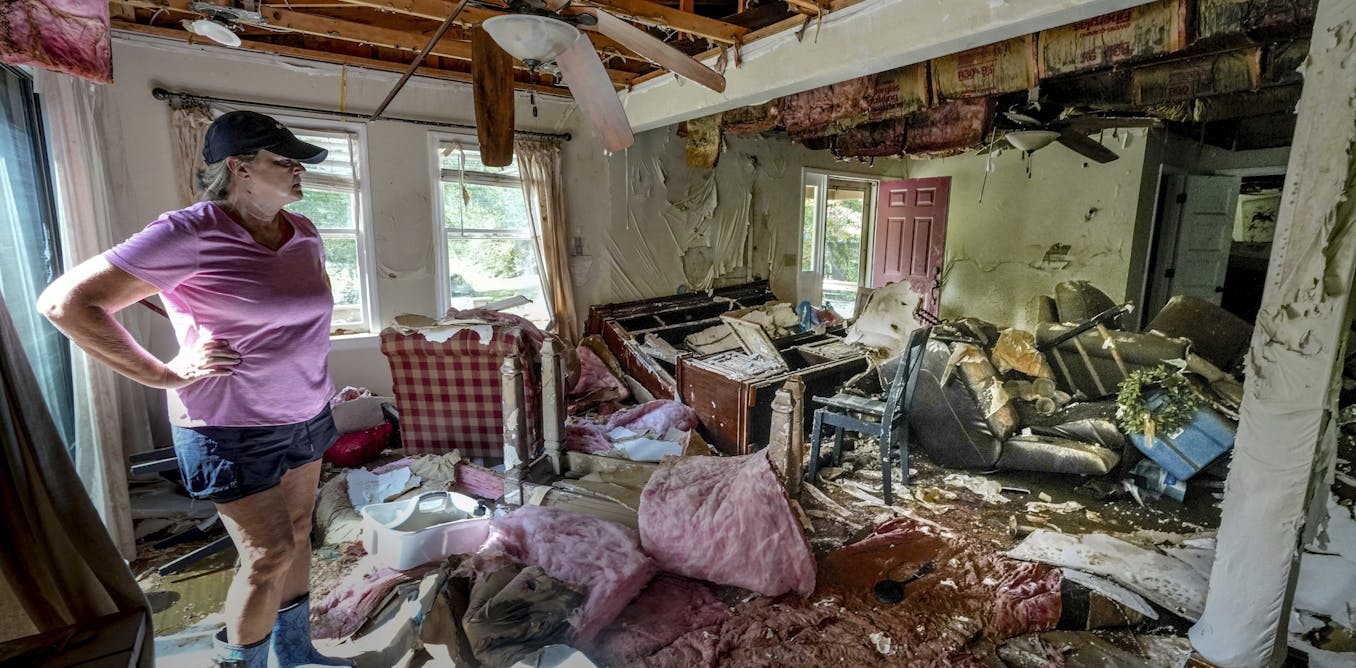Golden eagles were reintroduced to Ireland, but without prey they’re now struggling to thrive
Rewilding isn’t just about reintroducing predators. Without prey and habitat restoration, even wild-looking landscapes can’t support them.
yesterday • ~6 min








